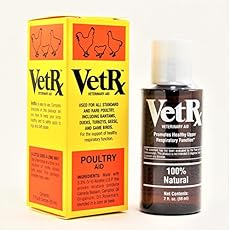rburrows
In the Brooder
- Apr 15, 2017
- 20
- 4
- 15
I let my chickens and ducks out this morning and 1 of the hens did not come out. I looked in the coop expecting to see her laying an egg but instead she was perched and making a loud gurgling sound every time she breathed in and out. Her eyes would open and close as if she were half asleep. Is she sick? If so, what can I do and is it safe to eat her eggs? She was fine yesterday.
Last edited:







